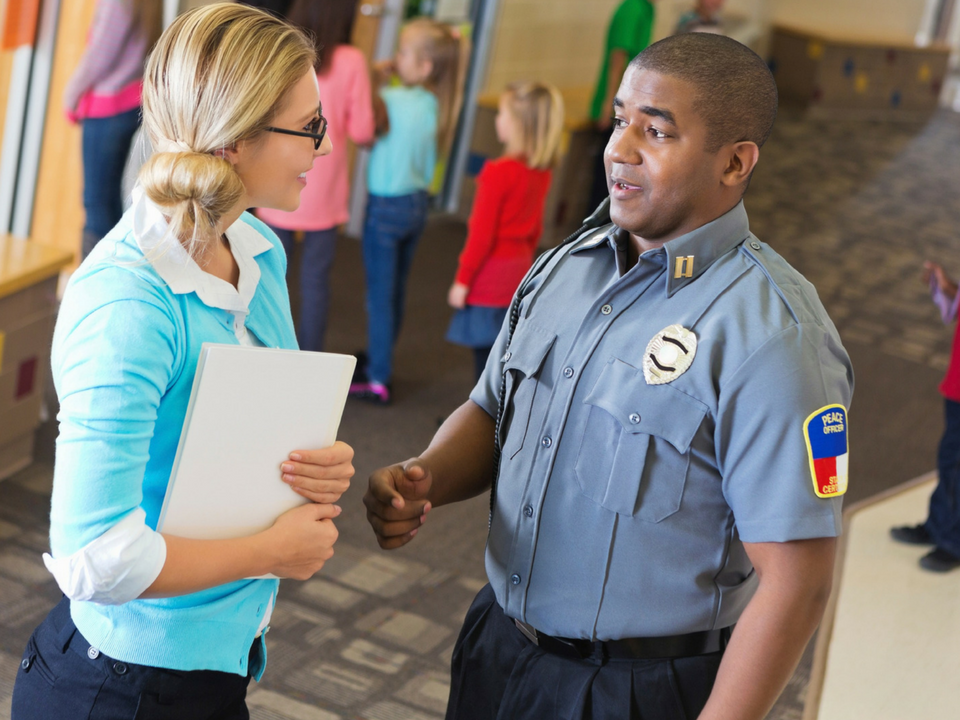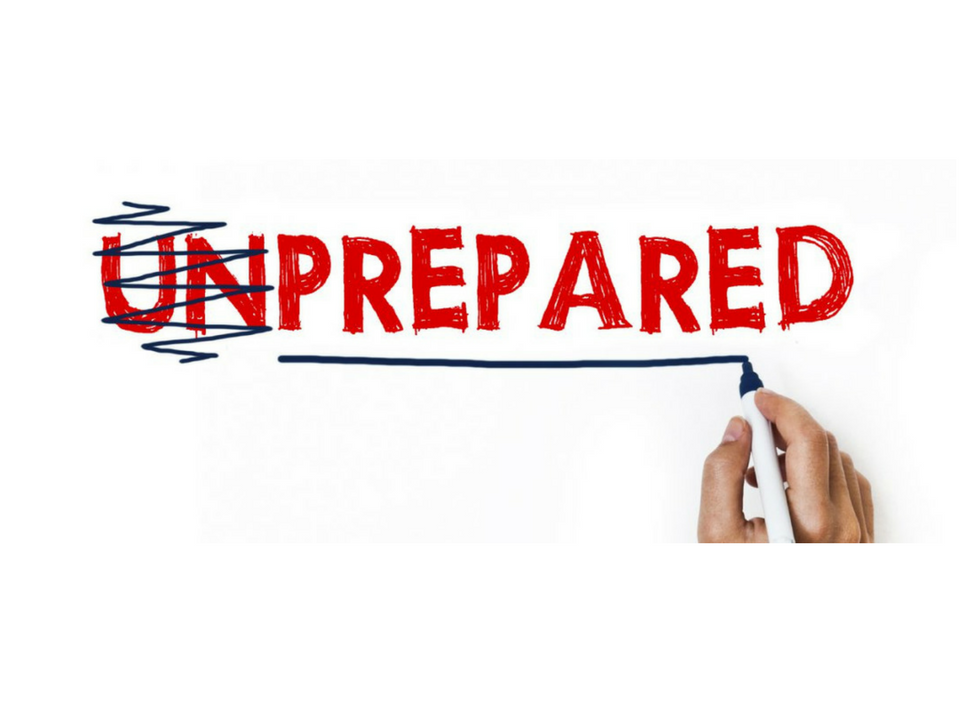
Questions You Should Be Asking About School Safety
December 3, 2015
Search and Seizure: What You Need to Know
December 18, 2015Preparing for a crisis situation is an essential step for school authorities to take—although it isn’t something anyone likes to think about. Having a good plan in place can save lives and mitigate injuries.
If your school isn’t prepared to handle accidents, violent threats, or natural disasters, it’s time to get to work. Here are some tips to get you started.
Preventing a Crisis
Prevention is key when it comes to mitigating and managing a crisis. You can’t prepare for or respond to a problem you don’t know exists. Take some time to identify any potential threats and discuss problem areas with your security personnel as well as your staff.
- Examine and update your current safety protocol to identify any weak areas or new issues that need to be addressed.
- Have your local emergency responders conduct an audit to identify any potential hazards.
- Discuss unique problem areas with your school that need special attention—gangs, drug or alcohol abuse, bullying etc.
- Review all current safety procedures with your staff and encourage their input.
- Pay attention to national incidents and determine how your school would handle the same situations.
Now that you have addressed the potential issues, you can get to work preparing for them.
Preparing for a Crisis
Although you may go your entire career without ever encountering a crisis situation, the fact is . . . you just never know. Preparing for a crisis will also help you better respond to smaller scale accidents, issues, and threats.
- Connect with your local authorities and emergency responders to create a plan of action in case of emergencies.
- Establish an evacuation plan for students and staff that includes accounting for students before and after exiting the building.
- Establish a plan and have supplies for a potential school lockdown. This should be a two-part plan for external and internal intruders or threats that eliminate the possibility of evacuation.
- Implement safety software to stop any threats from entering your school and to accurately account for all students and their whereabouts.
- Create maps and educate your staff to locate exits, designated locations, and utility shut-offs.
- Maintain an adequate emergency first-aid kit and necessary supplies.
- Educate your students and staff on all safety procedures—including natural disasters, school lockdown, bullying, drug and alcohol abuse, school violence, and sexual predators.
It is worth noting—preparing is only helpful if your staff is educated. You must continually review and train safety preparedness for it be beneficial.
Responding to a Crisis
The most important thing to remember during a crisis is to remain calm and follow procedures. It isn’t always possible to do so, but the plans you have preemptively created are most likely the best way to handle the situation you are in.
- Determine if it is actually a crisis situation and the severity.
- Remain calm and follow protocol.
- Maintain communication with your students and other staff members.
- Determine the best solution given the situation—evacuation, lockdown, etc.
- Monitor students and take account of everyone you are in charge of.
- Locate first aid emergency kits and supplies needed and respond to injured parties after getting your students to safety.
- Communicate with local emergency responders and authorities to provide the facts and request additional supplies needed.
Once the crisis situation is over it is a good idea to debrief with staff and emergency responders to assess the situation and plan for recovery.





1 Comment
GREAT Post.thanks for share.more wait